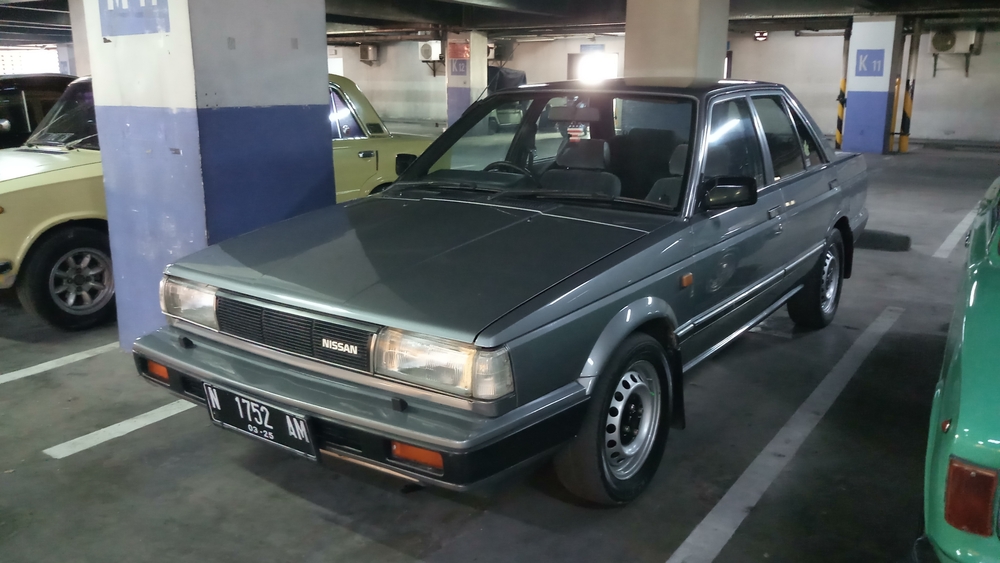
Buying cheap cars can feel like a smart money move, especially when you’re on a tight budget. The idea of saving thousands up front is appealing, but is the true cost of cheap cars really worth it? There are plenty of hidden risks and pitfalls that most people only realize after they’ve already handed over the cash. Before you go bargain hunting for your next ride, it’s important to know what you could be getting yourself into. Here are ten scary truths about cheap cars that rarely get discussed—but could save you time, money, and headaches down the road.
1. Hidden Mechanical Issues
Cheap cars are often sold because they have mechanical problems lurking beneath the hood. Sellers may not always disclose these issues, especially if you’re buying from a private party. Repairs for things like transmission failure or engine trouble can quickly cost more than what you paid for the car. Always have a trusted mechanic inspect the vehicle before you buy, even if it seems like a great deal.
2. Higher Long-Term Costs
At first glance, cheap cars seem like the frugal choice. But over time, you might end up spending more on frequent repairs, maintenance, and parts. These additional costs can add up fast, sometimes exceeding the price of a newer, more reliable car. When budgeting for cheap cars, factor in the likelihood of ongoing expenses instead of just the purchase price.
3. Safety Risks
Many cheap cars are older models that lack modern safety features like airbags, anti-lock brakes, or electronic stability control. In an accident, these missing features could make a major difference. The risk of injury or worse increases when you’re behind the wheel of a car that doesn’t meet current safety standards.
4. Poor Fuel Efficiency
Older, cheap cars are often less fuel-efficient than newer models. Technology has come a long way, and today’s cars are built to go farther on less gas. With a bargain-priced vehicle, you might end up visiting the gas station more often, which eats into your savings over time.
5. Limited Financing Options
Most lenders are hesitant to finance very cheap cars, especially those with a lot of miles or a salvage title. If you need an auto loan, you may be forced to accept higher interest rates or less favorable terms. Sometimes, you’ll have to pay cash up front, which can drain your emergency fund or savings.
6. Insurance Surprises
It’s easy to assume cheap cars mean cheaper insurance, but that’s not always the case. Some older models can be expensive to insure due to their lack of safety features or higher theft rates. Plus, if your cheap car gets totaled, your payout from the insurance company may be lower than you expect. It’s smart to get an insurance quote before you buy.
7. Resale Value Drops Fast
Cheap cars usually have little to no resale value. When you’re ready to upgrade, you may find that your vehicle is only worth scrap metal prices. This makes it harder to recoup any of your investment. If you plan to keep the car for a while, this may not matter, but it’s still something to consider.
8. Fewer Modern Conveniences
Cheap cars rarely come with the features many drivers now take for granted, like Bluetooth, backup cameras, or even working air conditioning. If you’re used to a certain level of comfort or technology, driving an older, basic car can be a rude awakening. Sometimes, the cost of adding these features after purchase isn’t worth it.
9. Harder to Find Replacement Parts
Some cheap cars are so old or obscure that finding replacement parts is a challenge. You might end up scouring junkyards or paying extra for rare components. This can mean longer wait times for repairs and more out-of-pocket costs. If you rely on your car for daily transportation, these delays can be more than just inconvenient.
10. You May Not Know the Full History
Cheap cars often come with incomplete maintenance records or questionable histories. There could be previous accidents, flood damage, or odometer rollbacks that aren’t immediately obvious. Even with a vehicle history report, you might not get the whole story. This uncertainty is a big part of why cheap cars are risky investments.
How to Make a Smart Cheap Car Purchase
Buying cheap cars doesn’t have to be a nightmare if you go in with your eyes open. Start by researching common issues for the make and model you’re considering. Always get a pre-purchase inspection from a mechanic you trust. Factor in the cost of potential repairs and insurance before you commit.
Some buyers turn to certified pre-owned vehicles for a balance of affordability and reliability. While they cost more than the cheapest options, they often come with warranties and a full inspection.
Have you ever bought a cheap car that turned out to be a great deal—or a total disaster? Share your story in the comments below!
What to Read Next…
- 7 Cheap Cars That Will Never Fail You
- 5 Hidden Dangers Of Cheap Auto Repairs You Need To Know
- 9 Car Brands That Quietly Lost Consumer Trust In The Last 5 Years
- 7 Manufacturers That Rebrand Failed Cars Under New Names And Hope You Don’t Notice
- Dealership Confidential How They Make Thousands Selling Cars With Cleaned Salvage Titles
The post 10 Scary Truths About Cheap Cars No One Talks About appeared first on Clever Dude Personal Finance & Money.







